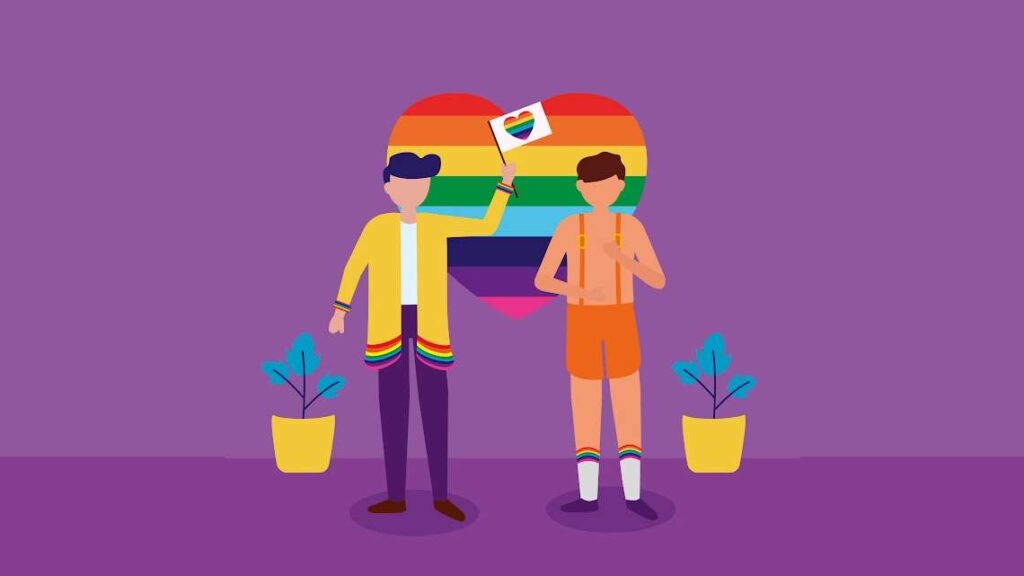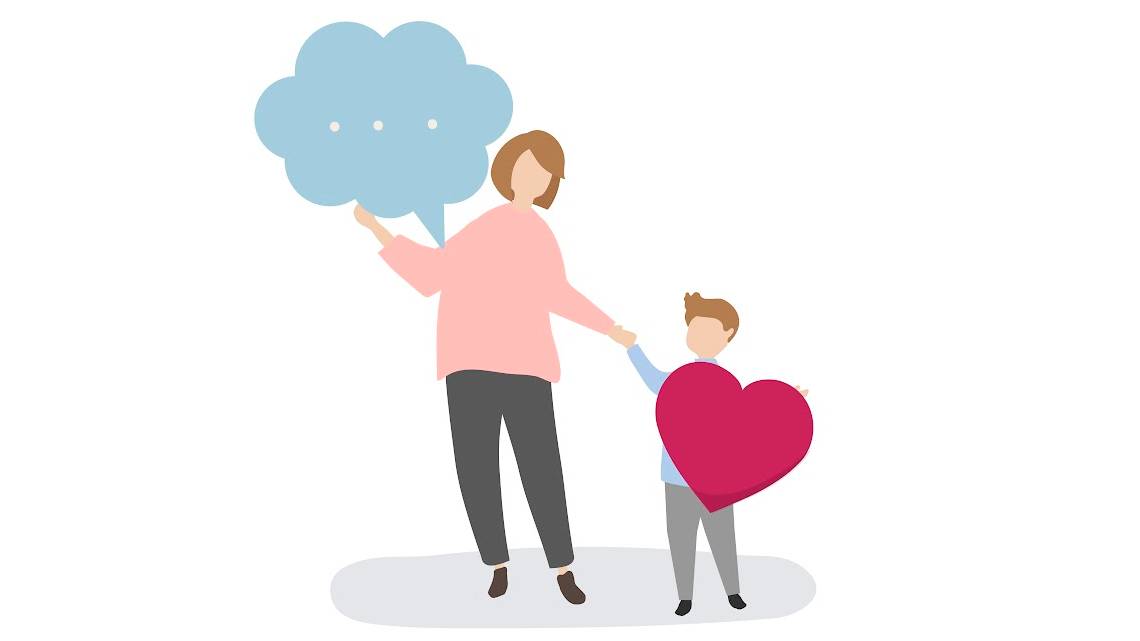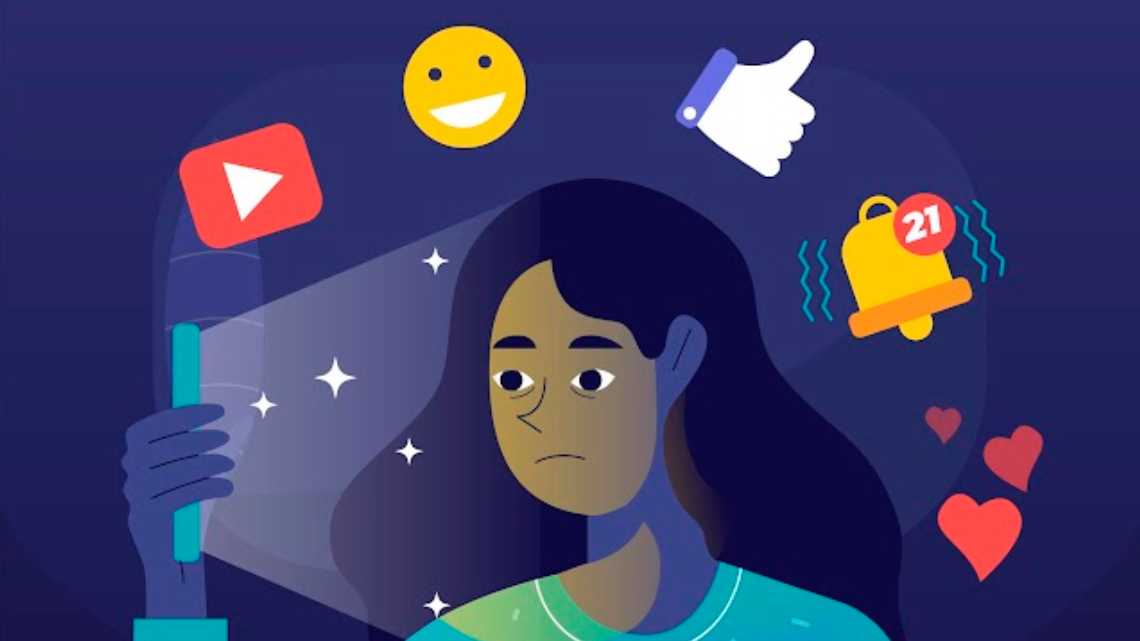
As most of us are aware, LGBTQ+ is an acronym for lesbian, gay, bisexual, transgender, queer, and other gender and sexual minorities. Compared to their cisgender and heterosexual counterparts, these individuals face a greater risk of mental health challenges, especially depressive and anxiety disorders, self-harm and suicidality.
The contributing factors encompass discrimination and harassment from unsupportive peers, family members, and the society at large, bullying and lack of support in school, unpleasant social interactions, victimization, violence, oppression, prejudice rejection, etc. These challenages plays a part in increased stress levels, substance abuse, and depression, which translate into an increased suicide risk among LGBTQ+ youth. LGBTQ+ mental health is further compromised by the systematic marginalization and stigma these individuals face. Sexual and gender minorities also face major barriers to accessing safe and adequate mental health treatments due to various sociocultural factors—such as insufficient health resources tailored to their needs and discrimination against their minority sexual orientations and gender identities.
Moreover, these individuals are reluctant to seek mental health services due to various reasons: homophobia, biphobia, transphobia, fears of judgment, humiliation and rejection. A lack of engagement with practitioners, limited staff understanding of LGBTQ+ issues, and exclusion from the decisions made about young people’s care also contribute to LGBTQ+ youth’s underutilisation of mental health services.
Support
Various approaches—both traditional and digital—have been created and adapted to support LGBTQ+ mental health and the well-being of young individuals. Let’s explore these options below.
In-person Interventions
- CBT-based interventions: These involve individual or group sessions grounded in cognitive behavioural therapy. Group sessions are usually in a community-based setting and incorporate AFFIRM, an adapted CBT program developed specifically for the LGBTQ+ youth. Certain therapeutic modalities also involve adaptations to the CBT protocol by including LGBTQ+ specific content (such as psychoeducation on minority stress).
- Affirmative supportive safe and empowering talk (ASSET): ASSET is a school-based, LGBTQ+ affirmative counselling program aimed to promote resilience in LGBTQ+ youth. This program helps mitigate the negative impact of minority stress and provides participants with social connectedness, promotes greater self-esteem, enhanced coping and confident problem-solving.
- Attachment-based family therapy (AFBT): Tailored for suicidal LGBTQ+ adolescents, AFBT includes additional sessions for families (apart from individual sessions with the adolescent) to work on their emotional responses to the sexual orientation of their children and move towards acceptance.

Digital Interventions
With advancements in technology—and given LGBTQ+ youth’s comfort with digital formats—virtual mental health interventions have shown promising results. These can be categorized into four types:
- Structured Formal Methods: These involve telehealth services like AFFIRM online and imi as well as online counselling services and are hallmarked by high levels of control and standardization. These are similar to face-to-face interactions and have been successful in reducing depressive symptoms and improving stress coping in LGBTQ+ youth. They typically provide cognitive behavioral therapy along with other digital resources.
- Structured Informal Methods: These represent a novel approach to therapy and involve serious games designed to make therapy more engaging and user-friendly by embedding techniques into immersive gameplay. For instance, Rainbow SPARX is an LGBTQ+ inclusive version of a CBT-based program developed for those with mild to moderate depression. In this version, depression is reframed as a response to systemic homophobia, not a flaw in sexual orientation.
- Unstructured Formal Methods: Online programs (such as QueerVibe, OMBSR) are at the heart of these methods and despite being less standardized, they offer flexibility and customizations to the users, providing a more personalized experience. QueerVibe helps the LGBTQ+ youth to negotiate prejudice and reflect on their experiences while OMBSR is an 8-week mindfulness-based stress reduction program that includes meditation and applying mindfulness to daily living. Both of these have proven to be effective in reducing psychological distress and perceived stress.
- Unstructured Informal Methods: These methods include social media platforms that create spaces where LGBTQ+ youth can connect, share experiences, exchange information and find support. These platforms often offer identity-affirming treatments since it is peer-driven and community oriented. They may help enhance resilience among them.
In conclusion, supporting LGBTQ+ youth and their mental health requires inclusive, affirming, and accessible interventions—both in-person and digital. By addressing unique stressors and promoting resilience through tailored therapies like CBT, ASSET, and online platforms, we can bridge the gap in mental health care. Creating safe, empowering spaces is essential to improving emotional well-being and reducing the risk of depression and suicide among LGBTQ+ youth.
Photo Credits:
First image: freepik
Second image: freepik
References
Bochicchio, L., Reeder, K., Ivanoff, A., Pope, H., & Stefancic, A. (2022). Psychotherapeutic interventions for LGBTQ+ youth: A systematic review. Journal of LGBT youth, 19(2), 152-179.
Liu, Y., Wu, Y. C., Fu, H., Guo, W. Y., & Wang, X. (2023). Digital intervention in improving the outcomes of mental health among LGBTQ+ youth: a systematic review. Frontiers in psychology, 14, 1242928.
Madireddy, S., & Madireddy, S. (2022). Supportive model for the improvement of mental health and prevention of suicide among LGBTQ+ youth. International Journal of Adolescence and Youth, 27(1), 85-101.
McDermott, E., Eastham, R., Hughes, E., Pattinson, E., Johnson, K., Davis, S., … & Jenzen, O. (2021). Explaining effective mental health support for LGBTQ+ youth: A meta-narrative review. SSM-mental health, 1, 100004.

Sakshi
About the author
Sakshi is a clinical psychologist with a deep passion for understanding human behavior, a strong drive for research, and a keen eye for psychological intricacies. Committed to continuous learning, she seeks to explore every facet of psychology, from theory to practice, to better support and empower individuals. With a curiosity that fuels her pursuit of knowledge, she strives to bridge the gap between research and real-world applications, making psychology more accessible and impactful.
Recently Added
Parental mental health plays a monumental role in a child’s social, emotional, behavioural and psychological development. Parents and caregivers are central to …
Generation Z, popularly known as Gen-Z, is the class of individuals born between 1996 and 2010. These individuals were born directly into …
Adaptogens are a class of natural herbs, roots, and mushrooms that assist the body in adapting to stressors in the environment. These …




